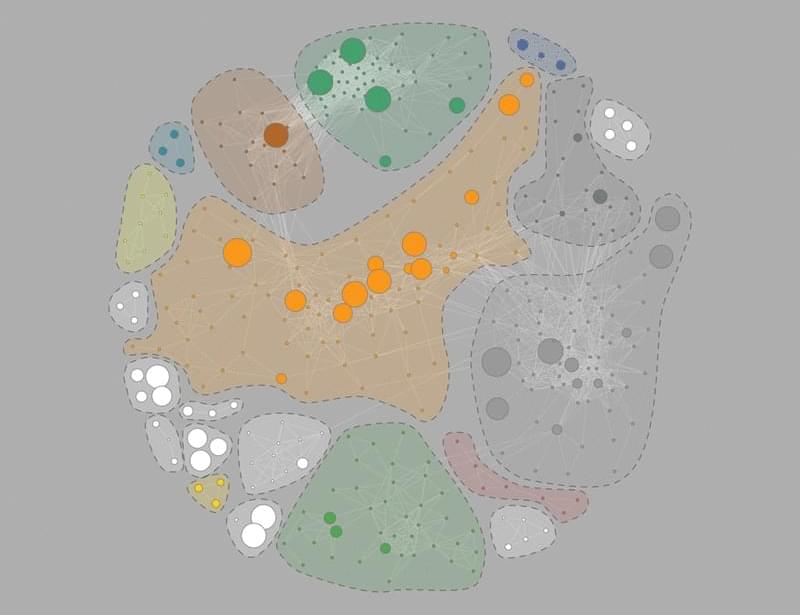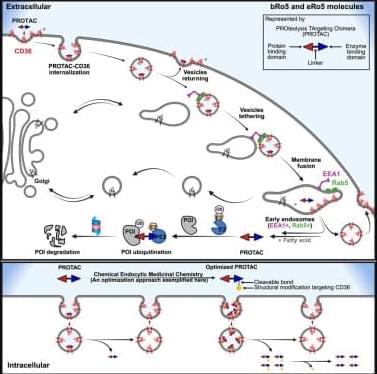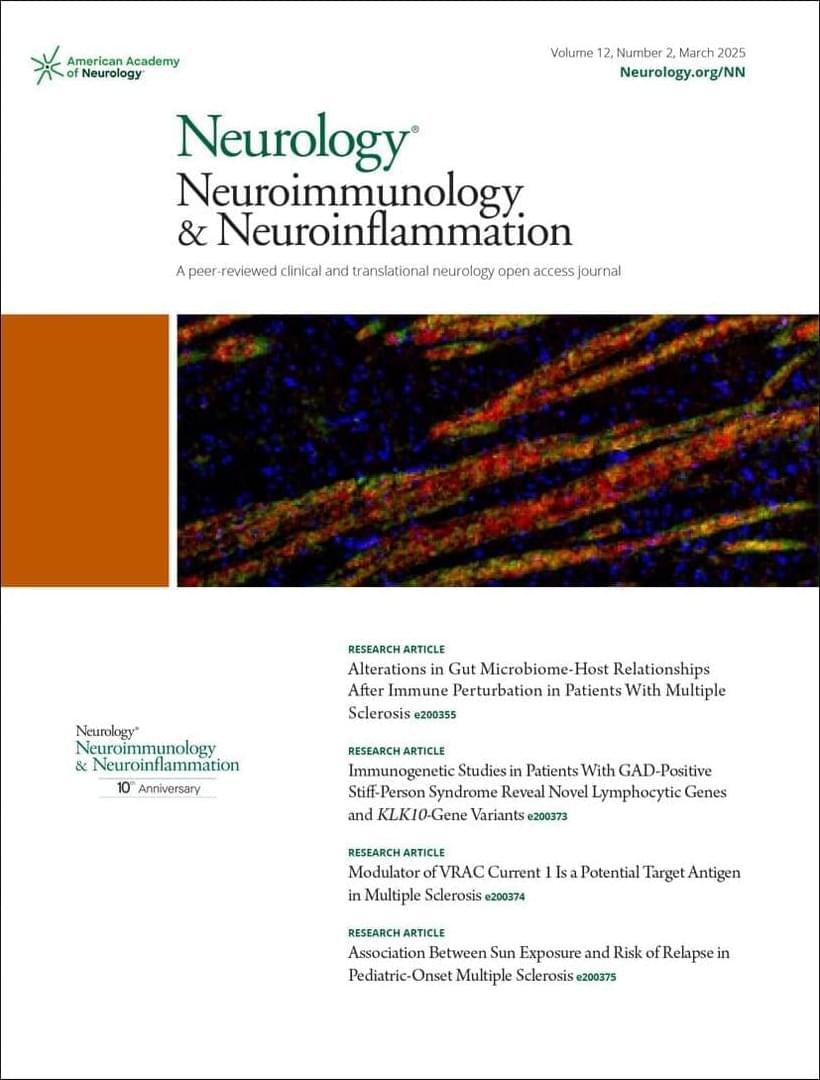Who knew that magnetic fields could be so useful?


The Big Bang likely brought our universe into existence. What will mark its grand finale? Scientists blend imagination and data to make predictions.


CD36 is identified as the membrane receptor for cellular uptake of PROTACs and other eRo5/bRo5 molecules. A chemical endocytic medicinal chemistry strategy to enhance the binding of PROTACs to CD36 improved the uptake and potency of PROTACs without sacrificing solubility or stability. This strategy could improve the bioavailability and potency of diverse endocytic drugs.

The 2024 WHO BPPL is a key tool for prioritising research and development investments and informing global public health policies to combat AMR. Gram-negative bacteria and rifampicin-resistant M tuberculosis remain critical priority pathogens, underscoring their persistent threat and the limitations of the current antibacterial pipeline. Focused efforts and sustained investments in novel antibacterials are needed to address AMR priority pathogens, which include high-burden antibiotic-resistant bacteria such as Salmonella and Shigella spp, N gonorrhoeae, and S aureus.

The field-reversal configuration (FRC) represents a fusion device concept capable of high power density with a compact geometry. Here, the authors report on the generation and sustainment of a FRC by means of neutral beam injection in the C-2W machine at TAE technologies. This contributes towards establishing FRC as an alternative economic fusion device.

“Since the most distant extent of the Hercules-Corona Borealis Great Wall is hard to verify, the most interesting finding is that the closest parts of it lie closer to us than had previously been identified,” Jon Hakkila of the University of Alabama in Huntsville told Space.com.
The Milky Way, our home galaxy, is part of a different supercluster called Laniakea, which, at 500 million light-years wide, is dwarfed by the Hercules–Corona Borealis Great Wall. In fact, the team says the true extent of the latter structure is currently undetermined.
“Our gamma-ray burst sample is not large enough to place better upper limits on the maximum size of the Hercules-Corona Borealis Great Wall than we already have,” Hakkila said. “But it probably extends farther than the 10 billion light-years we had previously identified. It is larger than the size of most anything to which it might be compared.”
Polar planet 2M1510 (AB) b was found around a pair of brown dwarfs, orbiting at an angle perpendicular to the brown dwarfs’ orbital plane.
